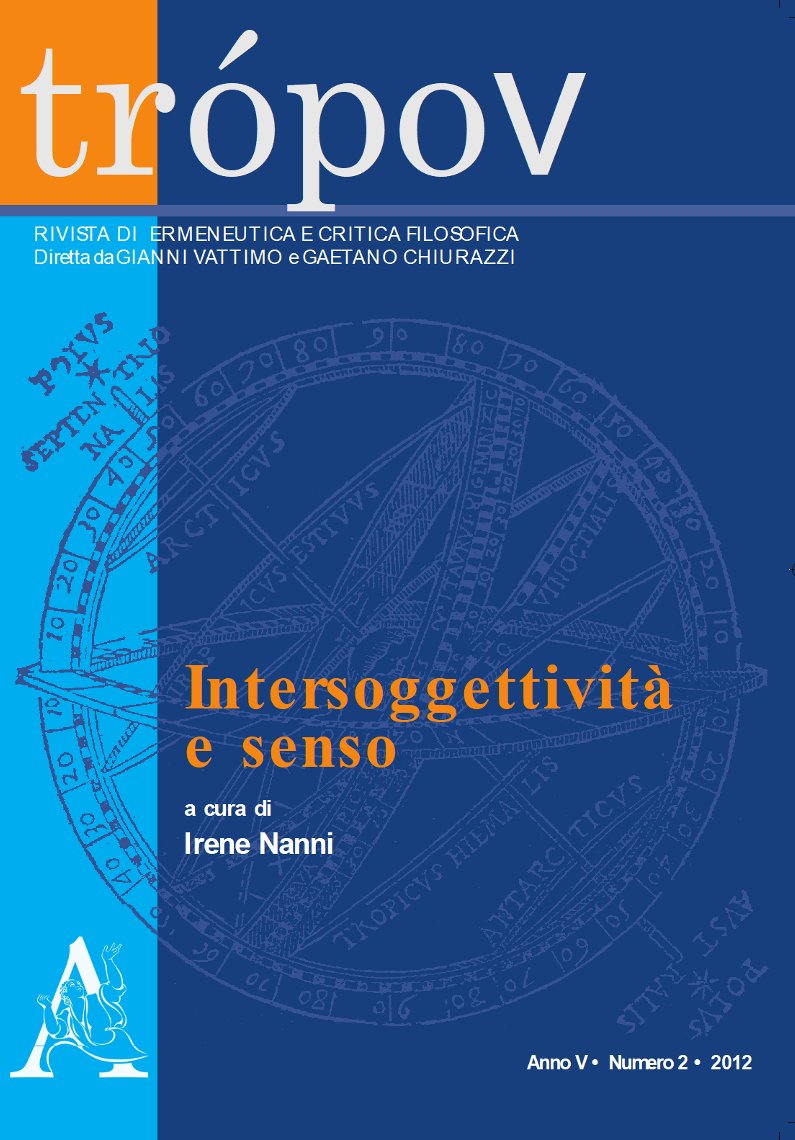Libertà come co-creazione
Una questione estetica
DOI:
https://doi.org/10.13135/2036-542X/8215Keywords:
freedom, action, art, Arendt, DostoevskijAbstract
At the peak of her reflection on freedom (“freedom is experienced in the process of acting and nothing else”), H. Arendt writes that freedom is initium (“to act is essentially to begin”) and that the beginnings nowadays possible are those that religion and poetry, through out modernity, have saved from political experiences left behind, without a home, without a place in the traditional political thought. Arendt delineates a perspective on freedom as retake, as public co-creation of the incomplete and marginal, to be carried out according to the aesthetical dynamics of “virtuosism” of the artists who play (“dancers, actors, musicians and the like”) more than to those of the artists who create. More than her rapsodical truly aesthetical observations, it’s Arendt’s interpretation of Dostoevskij’s The Possessed that can shed light on what she means by co-creation. S. Boym (with his reading of the notion of co-creation as a task of freedom for our future) and M. Cruz (with his imperative of a responsive and responsible exercise of memory) inevitably enter into dialogue with Arendt and with her idea of freedom as virtuosism of the co-creation.


